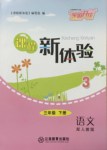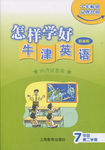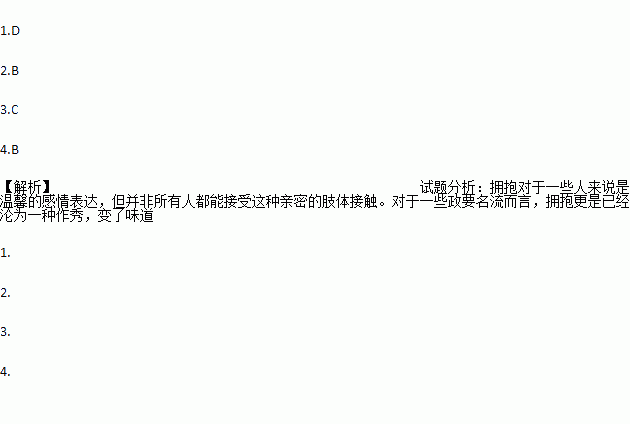题目内容
We Chinese are not big huggers. A handshake or a pat on the shoulder is enough to convey our friendship or affection to one another. So when our newly-acquainted Western friends reach out in preparation for a hug, some of us feel awkward.
Many questions go through our head. Where should I put my arms? Under their armpits (胳肢窝) or around their neck? What distance should I maintain? Should our chests touch?
It’s even more difficult with friends from some European countries. Should I kiss them on the cheek while hugging? Which side? Or is it both cheeks? Which side should I start on?
But it isn’t just people from cultures that emphasize a reservedness in expressing physical intimacy(亲密) who find hugging confusing. Hugs can cause discomfort or even distress in people who value their personal space.
In a recent article for The Wall Street Journal, US psychologist Peggy Drexler said that although the US remains a “medium touch” culture — “more physically demonstrative(公开表露感情的) than Japan, where a bow is the all-purpose hello and goodbye, but less demonstrative than Latin or Eastern European cultures, where hugs are strong and can include a kiss on both cheeks”, Americans do seem to be hugging more.
From politicians to celebrities, hugs are given willy-nilly (不管愿意不愿意的)to friends, strangers and enemies alike; and the public has been quick to pick up the practice. US First Lady Michelle Obama has put her arms around icy foreign leaders like Russian Prime Minister Dmitry Medvedev and the Queen of England, on the latter occasion actually breaking the rule of royal manners.
But not all are grateful to be hugged, even by the most influential and famous. To them, any hug is offensive if it’s not sincere.
Amanda Hess, writing for US magazine Slate, says public figures should stop imposing hugs on everyone they meet. For them, a hug is rarely a gesture of sincere fellowship, compassion or affection. It’s all part of a show. Hugs are falsely close power plays used by public figure s to establish their social dominance (统治力)over those in their grasp.
s to establish their social dominance (统治力)over those in their grasp.
Cecilia Walden, a British journalist writing for The Telegraph who lives in New York, holds the same opinion. “Power-hugging”, as she calls it, is “an offender dressed up as kindness”. It has become a fashion in the US where “bosses are already embracing their staff (either shortly before or after firing them), men and women ,their friends or enemies, in a thousand cheating displays of unity”.
1.From the first four paragraphs, we can see that ___________.
A. we Chinese people don’t know how to hug
B. people from European countries often get puzzled about hugging
C. people in Western countries seldom use hugs to express their physical closeness
D. hugs can bring pressure to people when used improperly
2.The example of US first lady Michelle Obama is given to show that __________.
A. Americans hold a “medium touch” culture
B. public figures know hugging functions well in public
C. she is much liked by American people
D. hugs are forbidden in England
3.“Power-hugging” in the last paragraph actually means that _________.
A. hugs are only used sincerely by some people with power
B. hugging is powerful to bosses in US
C. public figures sometimes use hugging just for a show of power
D. public figures can hug anyone in their grasp freely
4.What can be the best title of this passage?
A. Hugs, vital or not?
B. Hugs, tricky affair?
C. Hugs and public figures
D. Hugs and power
 芝麻开花课程新体验系列答案
芝麻开花课程新体验系列答案 怎样学好牛津英语系列答案
怎样学好牛津英语系列答案

